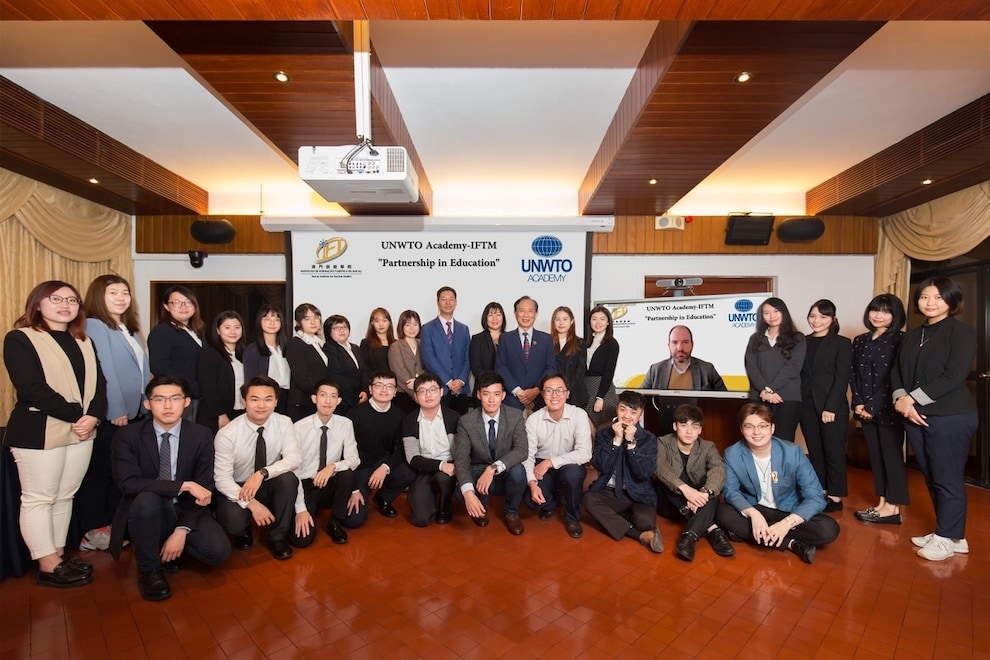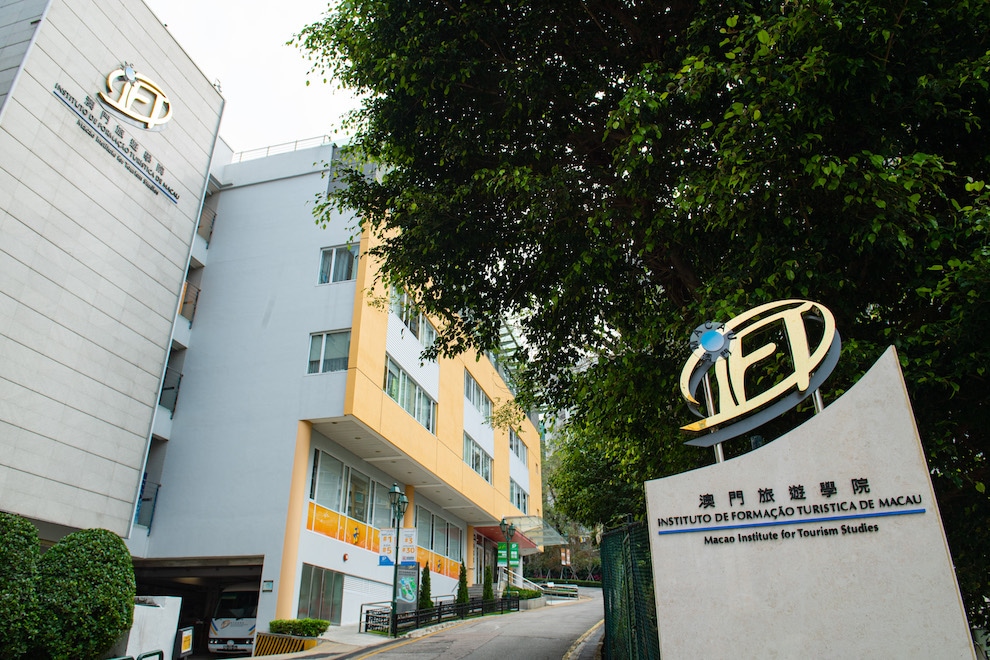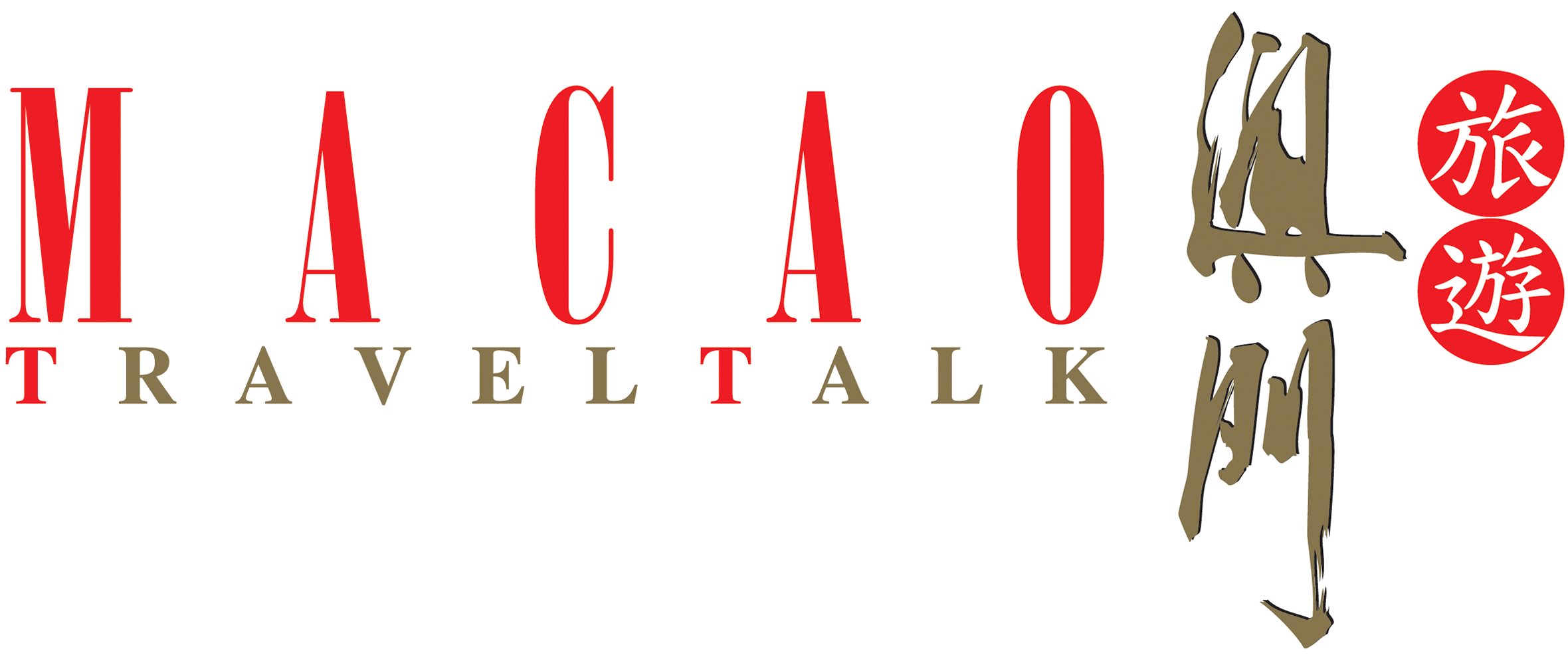Macao Institute for Tourism Studies (IFTM) is giving postgraduates and the public the opportunity to study tourism and hospitality courses it has jointly organised with the World Tourism Organization (UNWTO).
IFTM is the first higher education institution in Asia to collaborate with the UNWTO Academy – the education arm of the UNWTO – to deliver tourism-focused courses as part of its postgraduate training.
The IFTM-UNWTO collaborative courses are designed for students enrolled in selected IFTM postgraduate programmes, but the public are also invited to take part, particularly professionals working in tourism and hospitality.
Three courses are offered: Sustainable Tourism Planning and Development; Trends and Issues in Tourism and Leisure; and Destination and Attractions Management. They are jointly delivered by the Institute’s staff and experts from the UNWTO.
Participants who complete a course should be able to identify and evaluate trends, and understand the issues in tourism and hospitality. Anyone taking part can expect to build skills in analytical and critical thinking, problem solving, and communications.
| IFTM retains top 5 ranking in Asia for hospitality and leisure studies for 5th year in a row Macao Institute for Tourism Studies (IFTM) has cemented its role as a leading provider of education, ranking among Asia’s top five hospitality and leisure schools for fifth year in a row. In the latest edition of the QS World University Rankings, IFTM was ranked first in Macao and fourth in Asia among higher education institutions teaching hospitality and leisure management. IFTM has consistently been rated one of the top-5 higher education institutions in Asia for hospitality and leisure management studies by QS World University Rankings since the ratings service began covering this field in 2017. The QS World University Rankings includes criteria such as academic reputation, reputation among employers, research citations per academic paper, as well as a metric for measuring the productivity and impact of the institution’s research to create their data. |

Postgraduate students taking part in the IFTM-UNWTO collaborative courses (Photo courtesy of Macao Institute for Tourism Studies) 
IFTM was ranked fourth in Asia among higher education institutions teaching hospitality and leisure management


